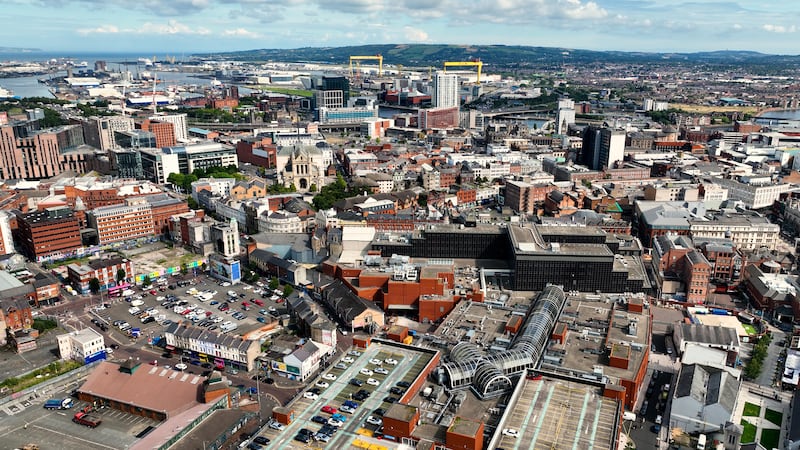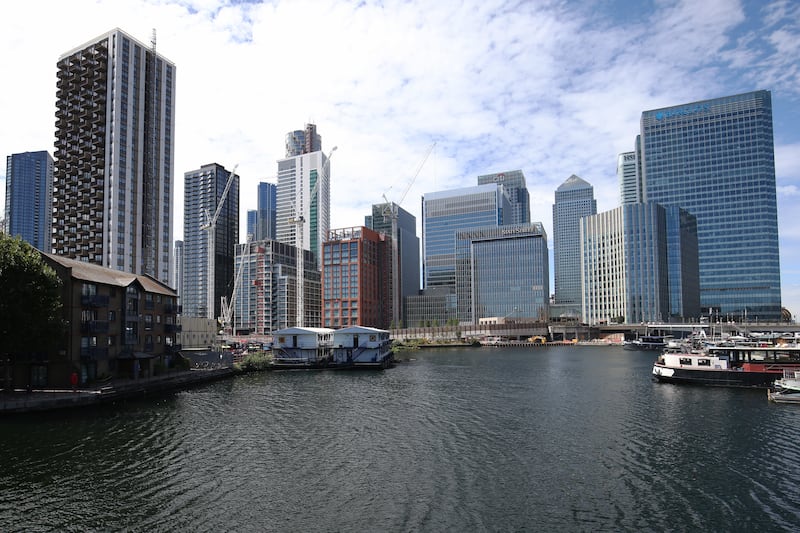THE latest insight into the state of the north’s economy found signs of moderate private sector recovery during January.
Ulster Bank’s purchasing managers index (PMI) had charted ten months of consecutive decline in business activity up to the end of 2019.
The closely watched index is based on responses from private sector companies across Northern Ireland.
It found while the north was not among the nine UK regions to record a growth in business activity last month, the rate of decline did ease in the first four weeks of 2020.
The fall in output was the softest since March 2019, hinting at a move toward stabilisation in the private sector, following December’s UK general election and the restoration of the Executive at Stormont.
According to the report, firms raised staffing levels for the second months running, while business confidence rose to its highest since April 2018.
Produced by IHS Markit, the survey is considered a reliable indicator on the latest trends within the north's economy, published well ahead of official government data.
Analysing the findings, Ulster Bank’s chief economist Richard Ramsey said: “Brexit and political uncertainty blighted the UK private sector in December, resulting in only one region, London, managing to record growth in output.
“January was a different story though, with nine of the 12 regions posting an increase in business activity last month and only one recording a fall in employment.
“Clearly the decisive general election result and the passing of the Withdrawal Bill in Parliament provided a much-needed boost to business confidence.
“Unfortunately, Northern Ireland wasn’t one of the nine UK regions to record business activity growth last month. However, the rate of decline did ease. And following 12 months of contraction, the fall in new orders appears to have bottomed out. This reflects, a notable pick-up in domestic demand, but concerningly the export orders slump continues.”
Mr Ramsey said that despite the overall weak demand in the north’s private sector, the pace of hiring has picked up, driven by the services and construction sector.
“The services sector’s improvement can also be seen in a return to growth in new orders,” said the economist.
“The resurrection of Stormont has clearly provided a boost to business sentiment, and indeed all sectors now expect growth in business activity in a year’s time,” added Mr Ramsey.
“Construction firms are their most optimistic about the year ahead than at any time since the series began in March 2017. What is of course key though is the extent to which this increasing business confidence translates into rising business activity.
“Brexit uncertainty continues to be cited as the main factor behind the decline in new business from abroad. This issue is likely to remain until at least there is clarity on what the future trading agreement with the EU will be.”








